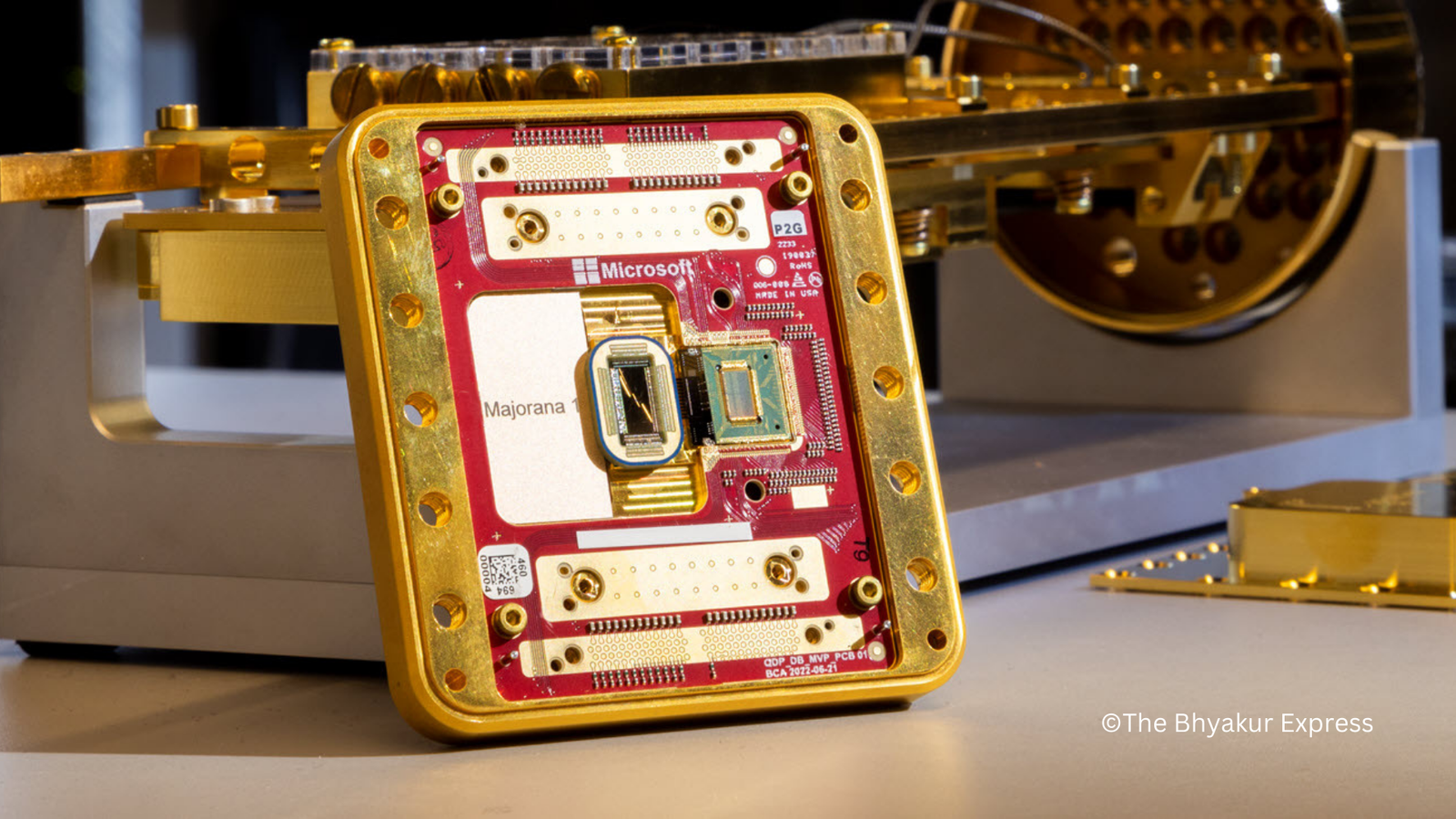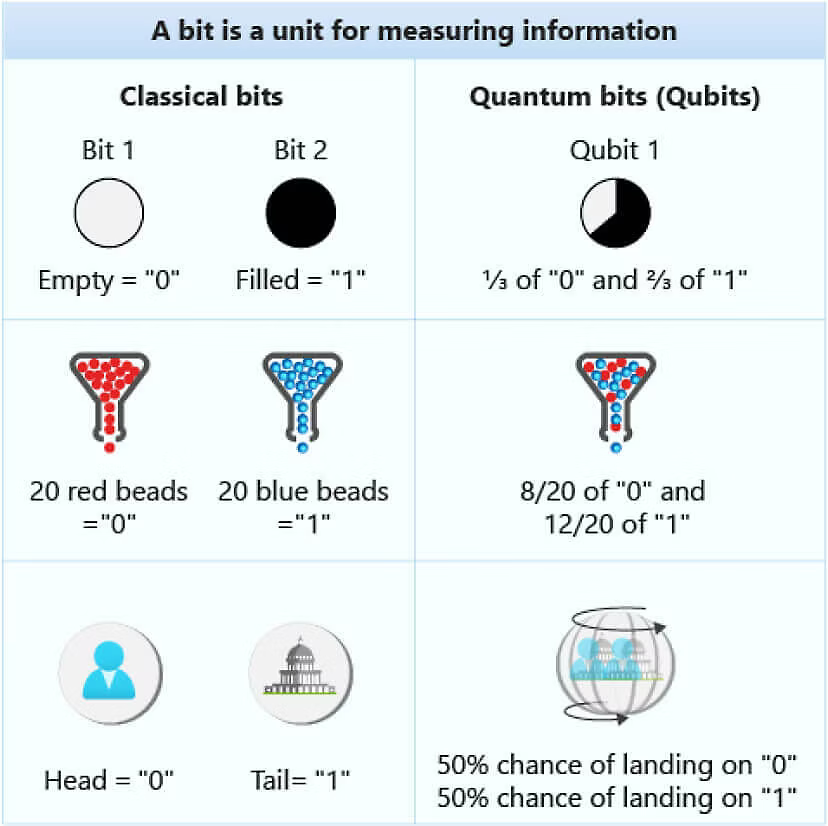
On February 19, 2025, Microsoft introduced Majorana 1, the world’s first quantum chip built using materials called topoconductors. This chip is expected to pave a new path for quantum computers. The company stated that it will be "capable of solving meaningful, industrial-scale problems in years, not decades."
Majorana 1 leverages the world’s first "topoconductor," a material that observes and controls its particles to produce more reliable and scalable qubits—the fundamental building blocks of quantum computers.
Key Differences Between Classical & Quantum Computers
Classical computers use binary bits, which represent a single value, either 0 or 1. In contrast, quantum computers use qubits, which can represent 0, 1, or both simultaneously due to superposition.
Classical computers rely on silicon-based chips, while qubits in quantum computers are made from trapped ions, photons, or artificial/real atoms depending on the system architecture.

How Microsoft Enabled a New Kind of Qubit
Majorana 1 enables the creation of a topological qubit, which is more reliable, stable, compact, and controllable. Traditional qubits are fragile, but Microsoft addresses this issue by using topological qubits that are stabilized by structural modifications and protective chemical compounds. These qubits are less susceptible to noise, making Microsoft's quantum hardware more robust against errors. This stability will help quantum computers scale to handle more complex computations and bring real-world applications closer to reality.
“We took a step back and asked, ‘What kind of transistor do we need for the quantum age?’ That question led us here,” said Chetan Nayak, Microsoft Technical Fellow. “It’s the specific combination of quality and materials in our new stack that has enabled a new kind of qubit and, ultimately, our entire architecture.”
Majorana 1 marks the beginning of the golden age of quantum computing.
Check out the video for more information:

